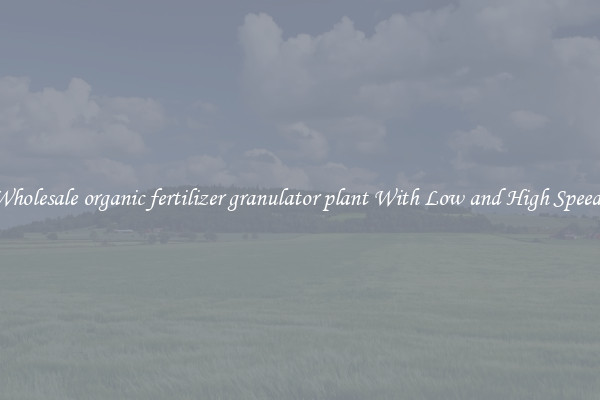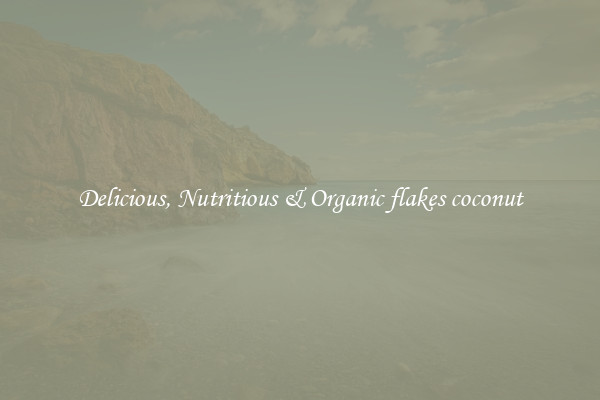Wholesale organic fertilizer granulator plant With Low and High Speeds
Wholesale organic fertilizer granulator plants play a crucial role in the production of high-quality organic fertilizer. These plants are designed to efficiently convert organic waste materials into granules that can be easily applied to agricultural fields. One important factor to consider when choosing a granulator plant is the speed at which it operates.

Wholesale organic fertilizer granulator plants are available with both low and high speeds. The speed at which the plant operates can greatly impact the efficiency and productivity of the production process. Let's delve into the benefits of both low and high-speed granulator plants.
Low-speed granulator plants are known for their ability to handle a wide range of organic waste materials, including animal manure, kitchen waste, and crop residues. These plants operate at a slower speed, which allows for a more thorough mixing and grinding of the organic materials. The low speed prevents excessive heat build-up and ensures that the nutrients in the organic waste are preserved. This results in a high-quality organic fertilizer product that is rich in essential nutrients and beneficial microorganisms.
On the other hand, high-speed granulator plants are designed for larger-scale production and faster processing times. These plants have a higher rotational speed, which allows for a greater throughput of organic waste materials. The increased speed enables the plant to handle larger volumes of organic waste at a faster rate, increasing the overall productivity of the production process. High-speed granulator plants are ideal for wholesale operations that require large quantities of organic fertilizer within a short period.
Both low and high-speed granulator plants have their own advantages and disadvantages, and the choice ultimately depends on the specific needs of the wholesale operation. For smaller-scale operations or those dealing with a variety of organic waste materials, a low-speed granulator plant may be a more suitable option. These plants ensure a thorough mixing and grinding of the waste materials, resulting in a high-quality organic fertilizer product.
On the other hand, high-speed granulator plants are ideal for larger-scale wholesale operations that require a higher production capacity. These plants allow for a faster processing time and greater throughput, meeting the demands of large-scale production.
In conclusion, the choice between a low and high-speed wholesale organic fertilizer granulator plant depends on various factors, including the scale of operation and the specific requirements of the production process. Both options offer distinct advantages and can contribute to the production of high-quality organic fertilizer. It is crucial for wholesale operations to carefully assess their needs and select a granulator plant that aligns with their goals and objectives.

View details

View details

View details

View details








